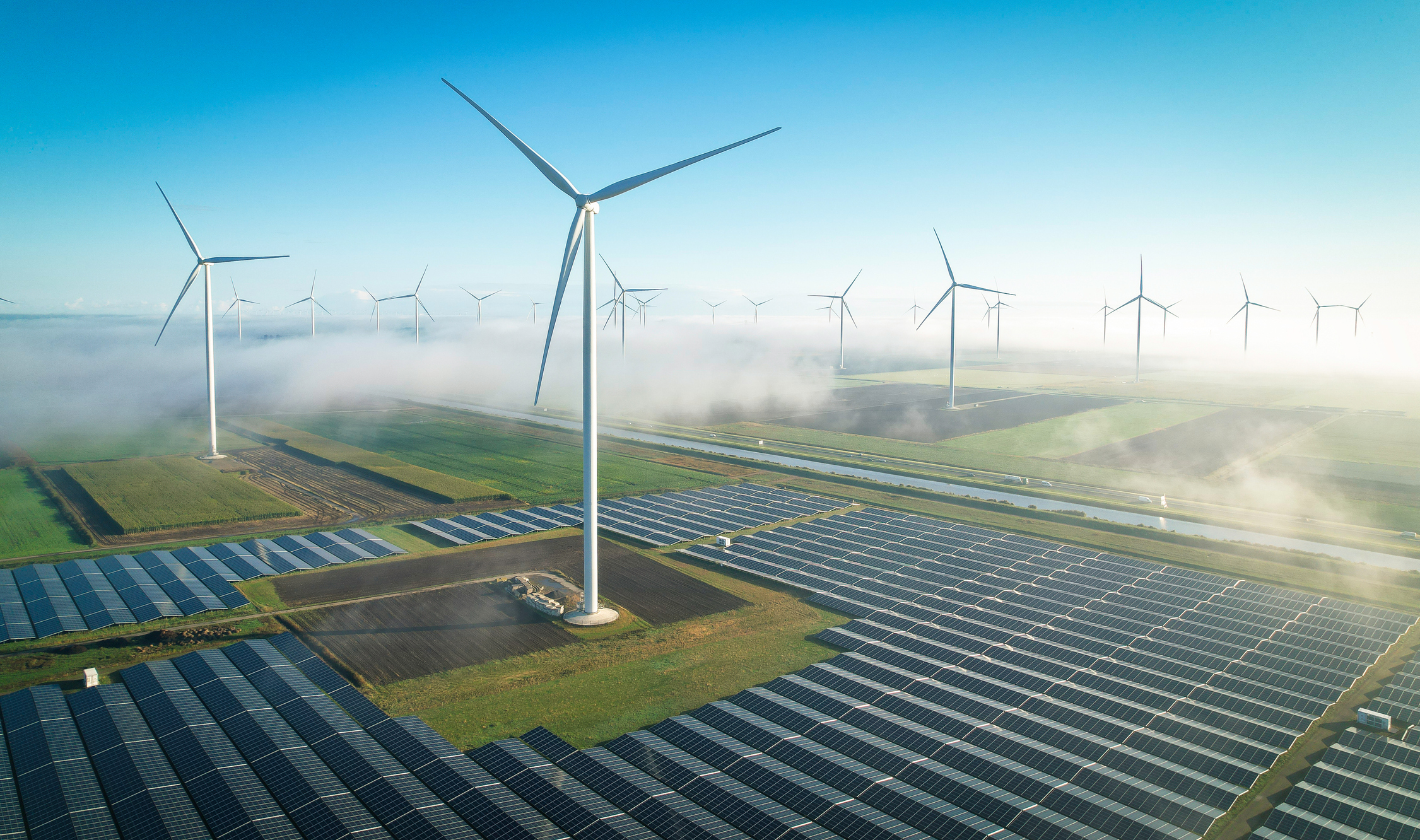Download the paper "Key enablers for a circular economy"
- Select
- English
The circular economy is pivotal for achieving climate and sustainable development goals and must be included in the COP28 outcomes. With this paper, ICC, on behalf of the global business community, underscores the importance to move from the 'take-make-use-waste' model to a sustainable, resource-efficient circular economy. Scaling these efforts requires a more supportive environment from governments to enable a faster and broader transition.
Go directly to:
To join the ICC Working Group on Circular Economy, contact
A circular economy adopts a systems approach that is:
A circular economy has the potential to create a more sustainable future by moving away from the “take-make-use-waste” model of a linear economy. It has the power to transform profoundly the way economies operate, fostering job creation and sustainable economic growth.
Our current way of living has led to what the United Nations describes as a triple planetary crisis: climate change, pollution and biodiversity loss. This crisis exerts immense pressure on our planet, leaving no time to waste.
Greenhouse gas emissions are the primary driver of environmental damage and climate change. 70% of global greenhouse gas emissions originate from material handling and use, according to the latest Circularity Gap Report. Material extraction and usage are also key factors contributing to over 90% of global biodiversity loss and water stress.
A circular economy offers a transformative solution.
It is essential to overcome barriers to adopt circular business models. Governments must recognise the pivotal role of circular economy principles in achieving net-zero targets, improving food security and alleviating water stress.
ICC has identified five key enablers to advance circular economy practices:
“The circular economy is a unique and powerful tool in our fight against climate change – one that can unlock sustainable economic development. But to do that, we need to profoundly change the way we operate, and we need to put in place the conditions and drivers for circular economy, starting with the five key enablers identified by ICC.”
Pär Larshans, Director of Sustainability, Ragn-Sells Group, and Co-Chair, ICC Working Group on Circular Economy

In 2023, ICC explored the role of innovation in waste management with a focus on challenges in shipping waste across borders for research purposes. The paper includes case studies that demonstrate how current laws and regulations impact company investments in circular innovations.